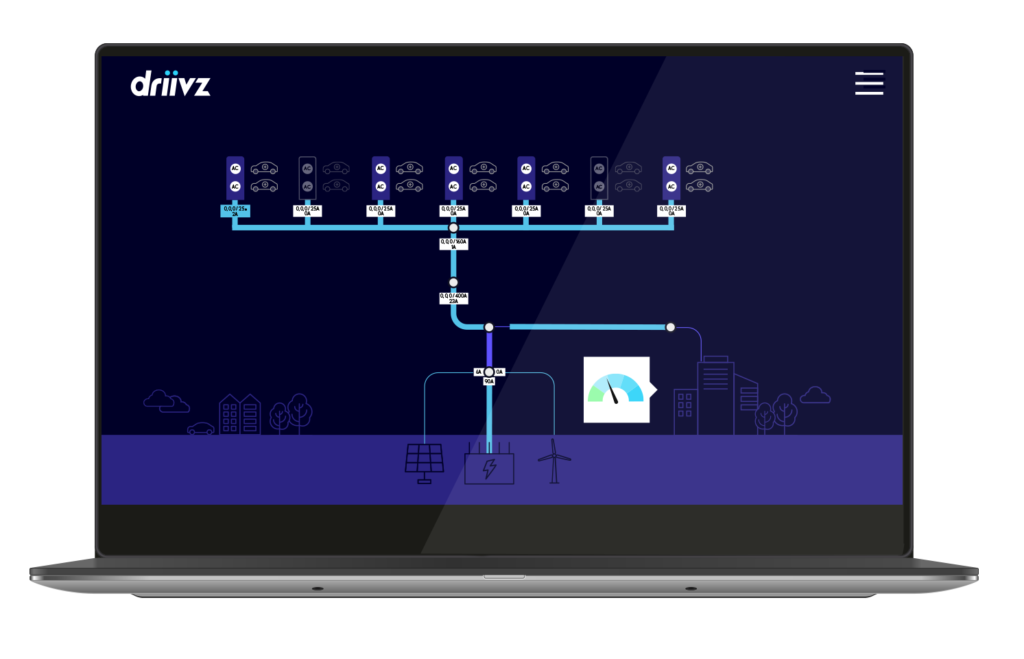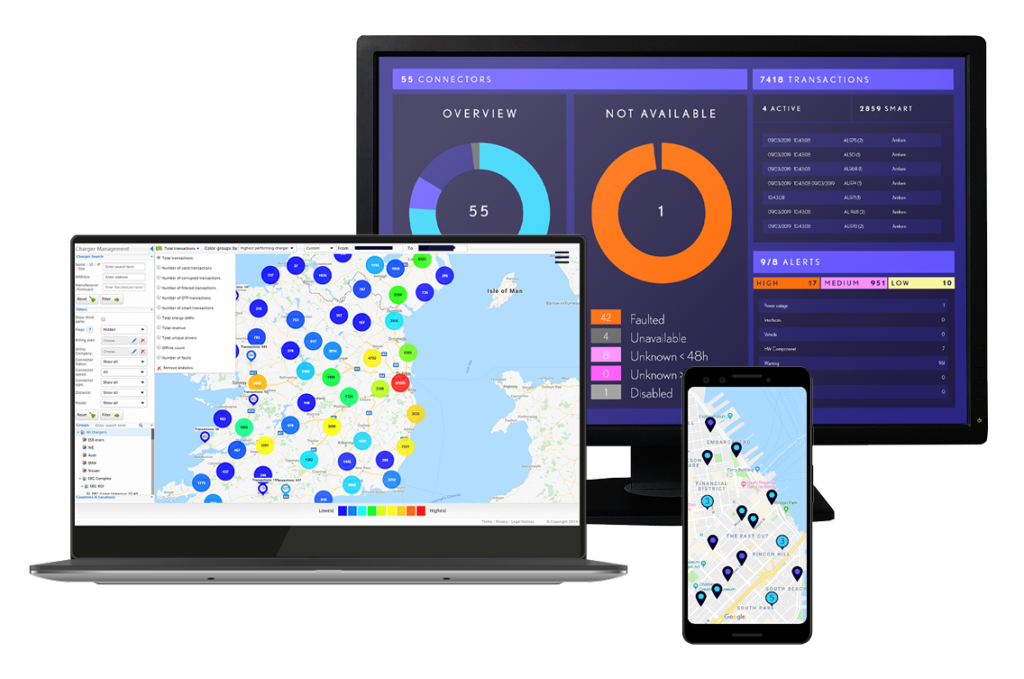Joseph Levy, VP of R&D at Driivz, talks exclusively with Electric and Hybrid Vehicle Technology about how companies that are active in the EV industry are overcoming the challenges posed by changing technologies.
How has the technology powering the EV industry evolved over the last few years?
There is a deeper understanding that companies need to invest in new, future-proofed EV charging software to keep up with industry demand and growth. Companies are aware of the investment required to develop and maintain stable scalable software solutions and understand the need for more complex capabilities than existing home-grown solutions have to offer.
As EVs are becoming a natural part of the transportation ecosystem, charge point operators and e-mobility service providers are looking for holistic solutions that will enable them to integrate with other systems and use cases at various stages of a driver’s journey.
We are also witnessing a movement toward the standardization of chargers and the introduction of new industry protocols for interoperability. It is particularly challenging at the moment to keep up with the latest developments and ensure that technologies comply with the latest regulations and standards.
On top of this, hardware standards, such as ISO 15118, are becoming more widespread as well as vehicle-to-grid implementations. The introduction of robust software solutions that utilize these capabilities is therefore required to harness the new opportunities.
And we can’t forget the massive scaling of the EV industry. The exponential adoption of EVs is leading to necessary software architecture improvements, as well as increasing the requirements that software solutions must meet.
Finally, we are seeing a growing demand for integration and interoperability to provide a more seamless customer experience. Various interoperability standards already exist in Europe, but they are starting to pick up in the US.

What main challenges are charge point operators (CPOs) and electric mobility service providers (EMSPS) currently facing?
Their main challenge relates to network maintenance, especially when it comes to maintaining user satisfaction while coping with large number of technical issues, challenging business processes, and the diversity of networks, equipment and devices.
On top of all that, it can be challenging for them to innovate within their networks while keeping their messaging clear. That is particularly crucial since customers demand to see clear business propositions before buying in.
Adapting to a rapidly evolving market, increasing customer demand, new standards and regulatory requirements and pressure to reduce costs – will all require a scalable and flexible platform rather than a tailored solution that may partially fit today but will struggle tomorrow.
Another challenge they face when companies are expanding internationally is dealing with different protocols, regulations, and multi currencies and integrating roaming capabilities into their networks.
Finally, security requirements and privacy regulations can be difficult to navigate and integrate, further adding to the myriad other challenges CPOs and EMSPs are facing.

How can these challenges be met using today’s technology?
As an EV charging network manager, it all comes down to using a proven, unified platform rather than a combination of disparate solutions. The right platform needs to have solid foundations and go through rigorous testing. It needs to be scalable, modular, cloud-based, high-quality and, most of all, adaptable to your changing business models and ecosystem. Opting for an open platform is also a sensible choice as it means new standards can be more easily met and new pieces of equipment or systems connected seamlessly.
Besides carefully choosing the right platform, I would advise on creating a center of excellence of specialists who understand the EV business and how 24/7 networks are operated and who will be able to train internal teams.
Finally, using crowdsourcing when reaching into the market will be helpful in understanding customer needs. Networks will be used by many types of drivers who can provide global insights and proof test platform features.
What future EV technology should companies be planning for today?
I see four main areas for the future of EV technology. First, protocols and standards.
As of today, only a small amount of EV charging offerings are supporting OCPP 2.0. All companies, even if do not yet adhere to that standard, need to ensure that the platform they own has a roadmap in place to support OCPP 2.0.
The second area has to do with smart homes and the integration of EVs into the home systems. Drivers will soon demand for their EV to be connected to their home systems, whether for energy management purposes or to be able to remotely control their vehicle. It won’t be long until the EV is seen as just another home appliance.
Thirdly, the introduction of autonomous vehicles will significantly influence the development of EV technology as it will increase the need for additional, new solutions. This will be even more relevant for fleets, which represent a crucial area for both EVs and autonomous vehicles.
Finally, innovations in artificial intelligence technologies will be crucial in enhancing network insights about EV drivers, particularly for identifying trends such as cost-related behaviors and location use.
Driivz is a digital software supplier to EV operators and service providers, accelerating the plug-in EV industry’s dynamic and continuous transformation. The company’s intelligent cloud-based platform spans EV charging operations, energy management, extensive billing capabilities, home, public and workplace charging, and driver self- service tools.
Based in Tel Aviv, Israel, Driivz’s team of EV experts serve customers in 18 countries, including global industry players such as EVgo, ElaadNL, ESB and Centrica. Driivz’ platform manages tens of thousands of EV chargers in North America and Europe, which are used by more than 500,000 EV drivers.
Source: https://www.electrichybridvehicletechnology.com
CUT COTS OF THE FLEET WITH OUR AUDIT PROGRAM
The audit is a key tool to know the overall status and provide the analysis, the assessment, the advice, the suggestions and the actions to take in order to cut costs and increase the efficiency and efficacy of the fleet. We propose the following fleet management audit.




